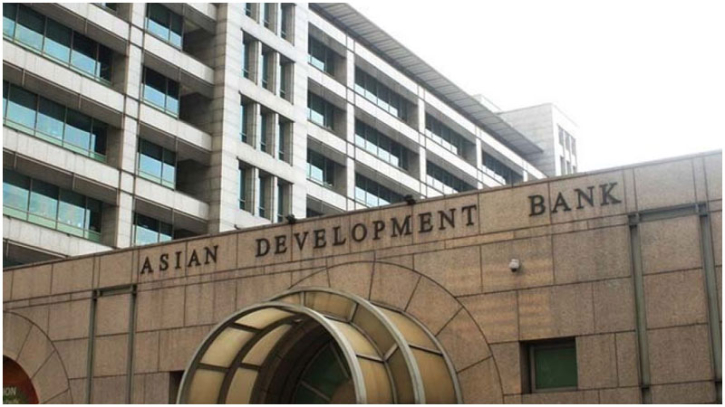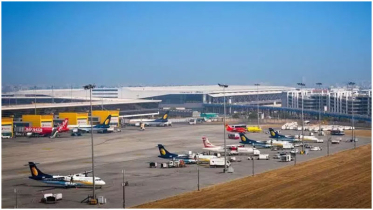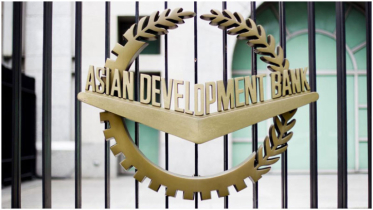ADB reaffirms robust support for BD's reform drive, sustainable development

The Asian Development Bank (ADB) has reaffirmed its enduring partnership with Bangladesh, pledging continued support for the country's reform-oriented development agenda and sustainable growth trajectory, particularly as it prepares for graduation from Least Developed Country (LDC) status.
The assurance came during a high-level bilateral meeting between Bangladesh's Finance Adviser Salehuddin Ahmed and ADB President Masato Kanda, held on the sidelines of the 58th Annual Meeting of the ADB on Thursday (8 May).
During the discussion, Salehuddin Ahmed expressed Bangladesh's deep appreciation for ADB's consistent support over the decades, noting the breadth of collaboration spanning infrastructure, energy, education, health, and climate resilience.
He underscored that ADB's cumulative portfolio in Bangladesh has now reached $32.5 billion, with commitments of $2.94 billion in the 2023–24 fiscal year alone, a testament to the depth of the development partnership.
As Bangladesh advances toward LDC graduation, Salehuddin emphasised the importance of adapting development cooperation to the nation's evolving needs.
He described this juncture as a pivotal moment—not only in economic terms but also politically—highlighting the emergence of a historic student-led movement and a reform-mandated government driving transformational change.
In this context, he called upon ADB to align its assistance with Bangladesh's ambitious reform priorities, focusing particularly on governance, transparency, and efficient public service delivery.
Looking to the future, Salehuddin proposed deeper ADB engagement in strategic areas such as integrated river management and the formulation of a Blue Economy Master Plan. He further emphasised the need for investment in digital transformation of the health sector, modernisation of tax administration, and education reforms to build a future-ready workforce.
He also drew attention to the pressing need for sustainable urban development, calling for ADB's assistance in building smart, climate-resilient cities, improving municipal services, and supporting regional urban infrastructure. On the energy front, Bangladesh is seeking ADB's backing to scale up renewable energy generation and enhance regional energy trade.
"Enhanced concessional support from ADB is not only vital for sustaining Bangladesh's development momentum, but also a strategic investment in regional stability, effective climate action, and inclusive growth," said Salehuddin, urging the Bank to recalibrate its concessional financing mechanisms in line with the unique challenges facing economies in transition.
In response, ADB President Masato Kanda lauded Bangladesh's economic resilience and progress, reiterating the Bank's historical commitment to the country.
He acknowledged the significance of the issues raised by the Bangladesh delegation, assuring that these would receive due consideration. "ADB has always placed special importance on Bangladesh and will continue to support its journey towards social and economic security," Kanda said.
.png)




